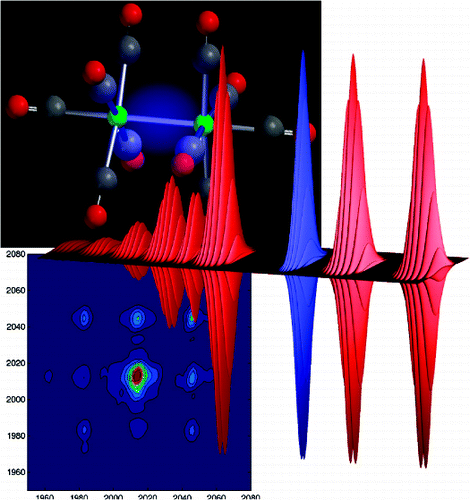chemistry 580: Molecular Spectra and Structure
Spectroscopy is a wide-ranging topic that is essential in chemistry. Indeed, there are other courses in the chemistry department—even at the graduate level—on “spectroscopy.” For example, organic chemists take Chem 542 “Applications of Physical Methods to Organic Chemistry”, inorganic students take Chem 616 “Advanced Inorganic Chemistry,” and analytical students take Chem 648 “Analytical Spectroscopy and Imaging.” All of these courses deal heavily with spectroscopy.
What is special/different about Chem 580? In contrast to the spectroscopy-as-a-tool courses, Chem 580 explores the rigorous origin of why spectroscopy occurs, and develops a framework from the very first principles rooted in quantum mechanics. This course is essentially a second semester of graduate quantum mechanics, with a focus on spectroscopy. We will start with the most basic systems that can interact with light (a two-level system), and build up exact formulations as well as approximations based on time-dependent perturbation theory. We will derive major results, but we will also work on modeling interesting molecular phenomena that permeate modern chemistry.
Due to the COVID pandemic, this course is fully remote, with the lecture segments all available on YouTube on Prof. Kubarych’s channel.
